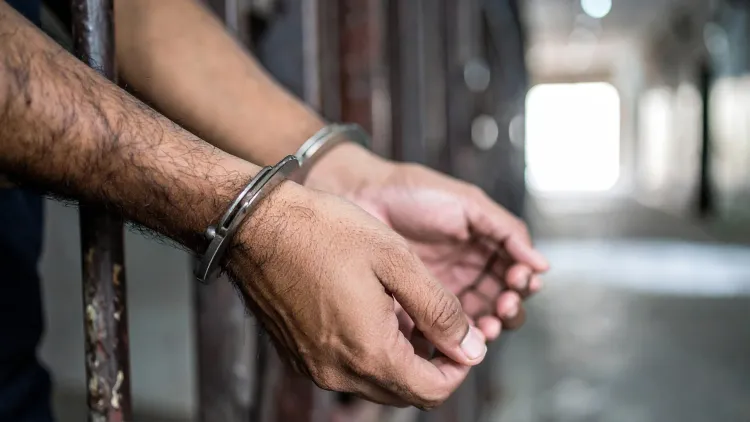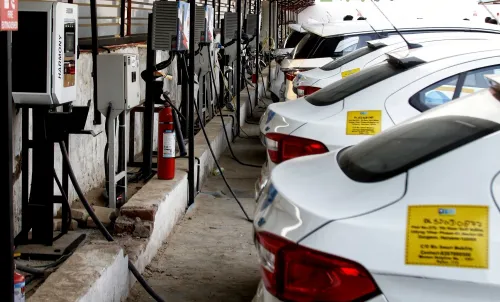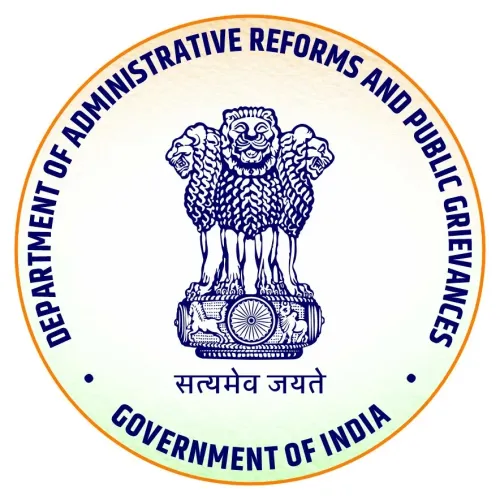Was a Surat Man Digitally 'Arrested' for Two Days? Accused Nabbed in UP!

Synopsis
Key Takeaways
- Surat Cyber Crime Cell arrests a man for impersonating a police officer.
- Victim extorted with Rs 7 lakh under false pretenses.
- Digital arrests are a growing trend in cyber fraud.
- Authorities have identified co-conspirators in the case.
- Increased efforts are being made to combat cyber crime in Gujarat.
Surat, July 18 (NationPress) - The Cyber Crime Cell in Surat has apprehended an individual hailing from Mathura, Uttar Pradesh, for allegedly masquerading as a Mumbai Police officer. The suspect is accused of threatening a person with arrest in a fictitious money laundering case and extorting Rs 7 lakh under the pretense of a "digital arrest".
The perpetrator, known as Santosh Singh, reportedly reached out to the victim claiming to be involved in the Naresh Goyal money laundering case, asserting that dubious transactions were executed using the victim’s SIM card.
Over a span of two days, Singh purportedly "digitally detained" the victim, subjecting them to continuous coercion and psychological pressure while threatening formal charges unless the demanded money was paid.
Thanks to a tip-off, cyber crime officials were able to trace Singh to Mathura and take him into custody. Upon interrogation, he admitted to renting out his bank account to a cyber fraud syndicate, with over Rs 4 lakh of illicit funds deposited.
Authorities have since identified Naimesh Chaudhary and Pushpendra Bhola as co-conspirators and declared them wanted in connection with this case.
Investigations indicate that the gang utilized multiple bank accounts to transfer and withdraw the extorted funds. The Surat Cyber Crime Cell has intensified its investigation into this expanding digital extortion network, which has seen a notable increase in recent months, particularly involving impersonation of law enforcement agencies.
Digital arrest is a style of cyber fraud where scammers impersonate law enforcement or government officials, often portraying themselves as police officers, CBI agents, or even RBI representatives, and intimidate victims via video calls or messages.
They falsely accuse individuals of being involved in money laundering, drug trafficking, or other criminal activities, and then simulate a virtual “arrest” by maintaining psychological pressure through live video monitoring or threats of legal action.
In Gujarat, particularly in cities like Ahmedabad, Surat, and Rajkot, such incidents have surged in recent years.
In response, the Gujarat government has enhanced cyber policing efforts by bolstering the Cyber Crime Cells in every district, running awareness campaigns, and collaborating with banks and telecom providers to trace fraudulent transactions and phone numbers.










